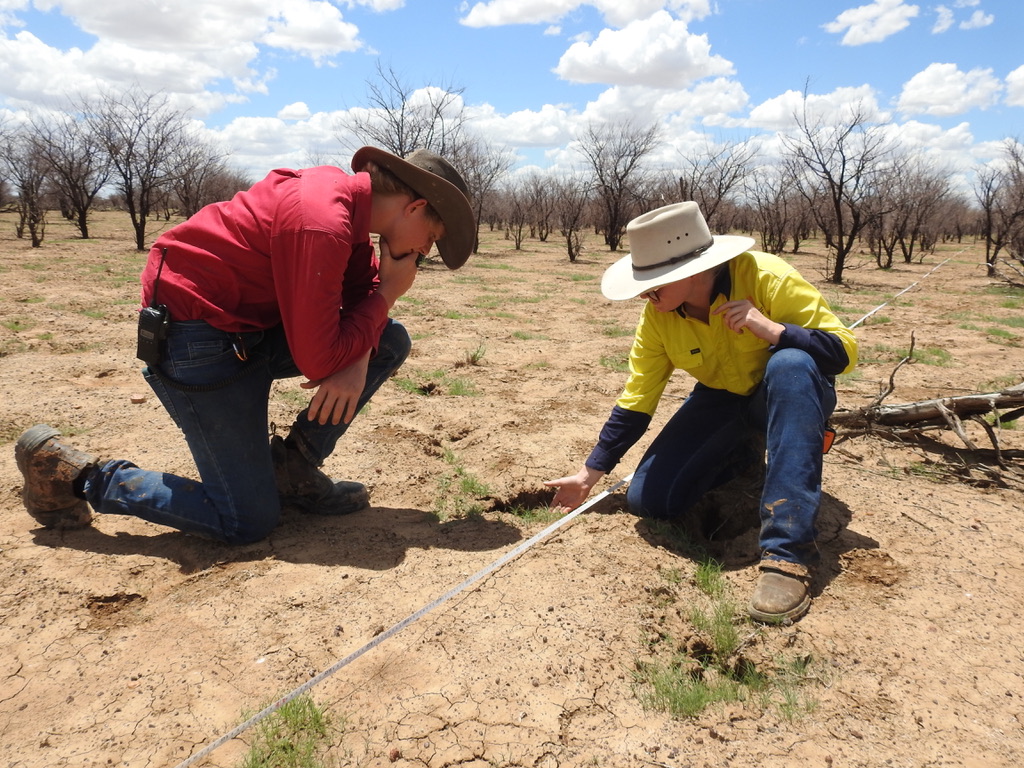CITIZEN SCIENCE A WRAP
Over 35 school students in Boulia and Stonehenge have delved into the minuscule world of waterbugs – those little invertebrates that live in our creeks and rivers.
The activity is part of a DCQ Citizen Science project that aims to build community understanding for our local environment and spark an interest in science.

The students sorted through trays of water collected along the edge of the Bourke and Thomson Rivers.
Using spoons, each waterbug species was transferred into an ice cube tray where the students could then identify them.
Rivers teeming with life
The students discovered how yabbies, yellowbelly fish and mussels actually relied upon a range of insects and aquatic lifeforms – some the kids had never seen before.
This included water-boatmen, mayflies and even dragonfly larvae, all which live beneath the surface and amongst water plants on the river’s edge.
The project has now wrapped up, after visiting 226 school students across the towns of Isisford, Jundah, Stonehenge, Aramac, Barcaldine, Longreach, Boulia and Birdsville. We also participated in the Isisford and Longreach Yellowbelly Fishing Competitions.
This project has been generously funded by the Desert Channels Foundation and the Queensland Government Department of Environment and Science, ‘Engaging Science Grants’.

